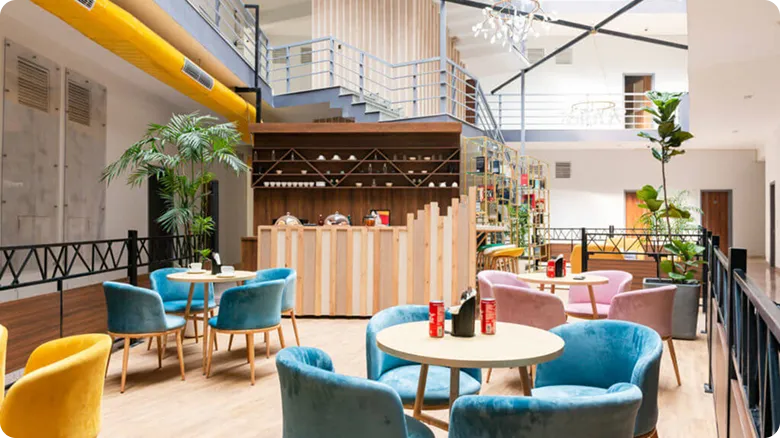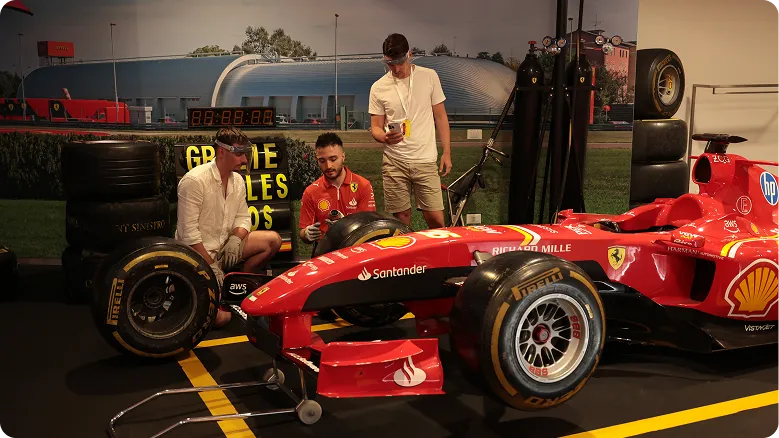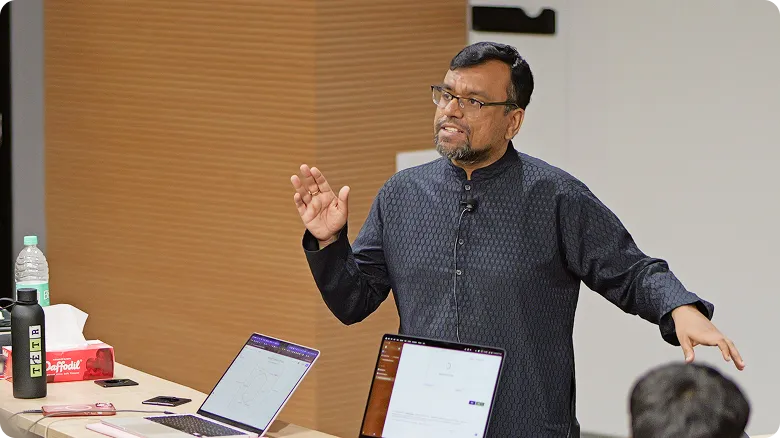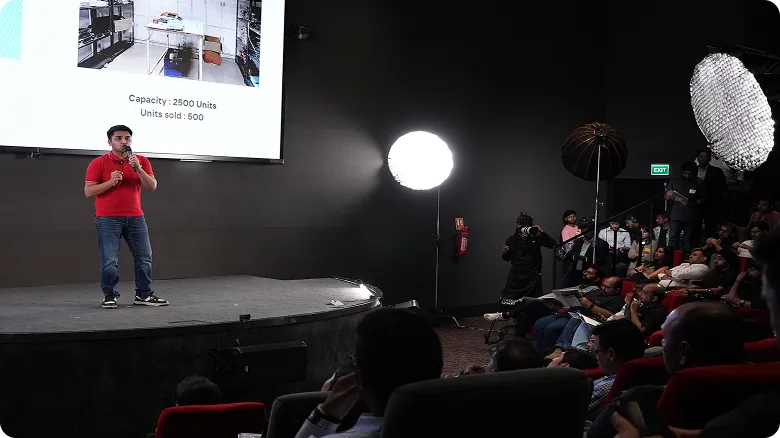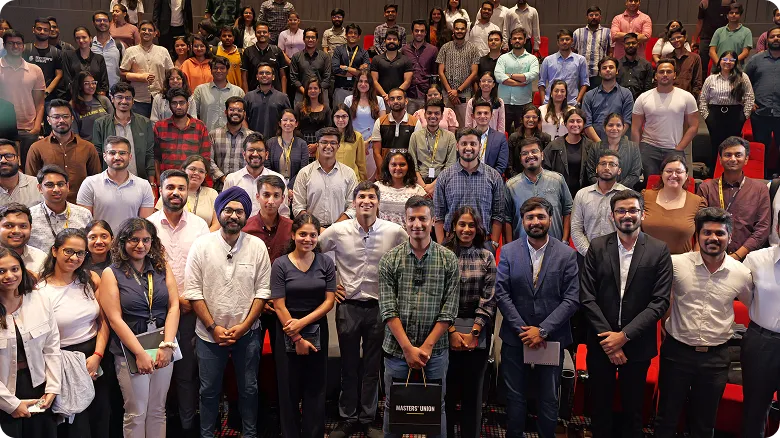Undergraduate
Undergraduate (Global)
Postgraduate
PGP in Technology and Business Management
PGP in Technology & Business Management
(Young Leaders Cohort)
PGP in Human Resources & Organisation Strategy
PGP in Sports Management & Gaming
PGP in Applied AI & Agentic Systems
PGP in UI/UX & Product Design
PGP in Sustainability & Business Management
PGP Bharat
Executive
Family Business
Careers
Innovations
Faculty
MU Ventures
Enterprise Education
Student Life
Jobs
Become a Master
events
For Companies
Blog
Business
Brewing Success: How Tuckinn’s Founder Built a Top-Shelf Brewery Brand
May 29, 2025
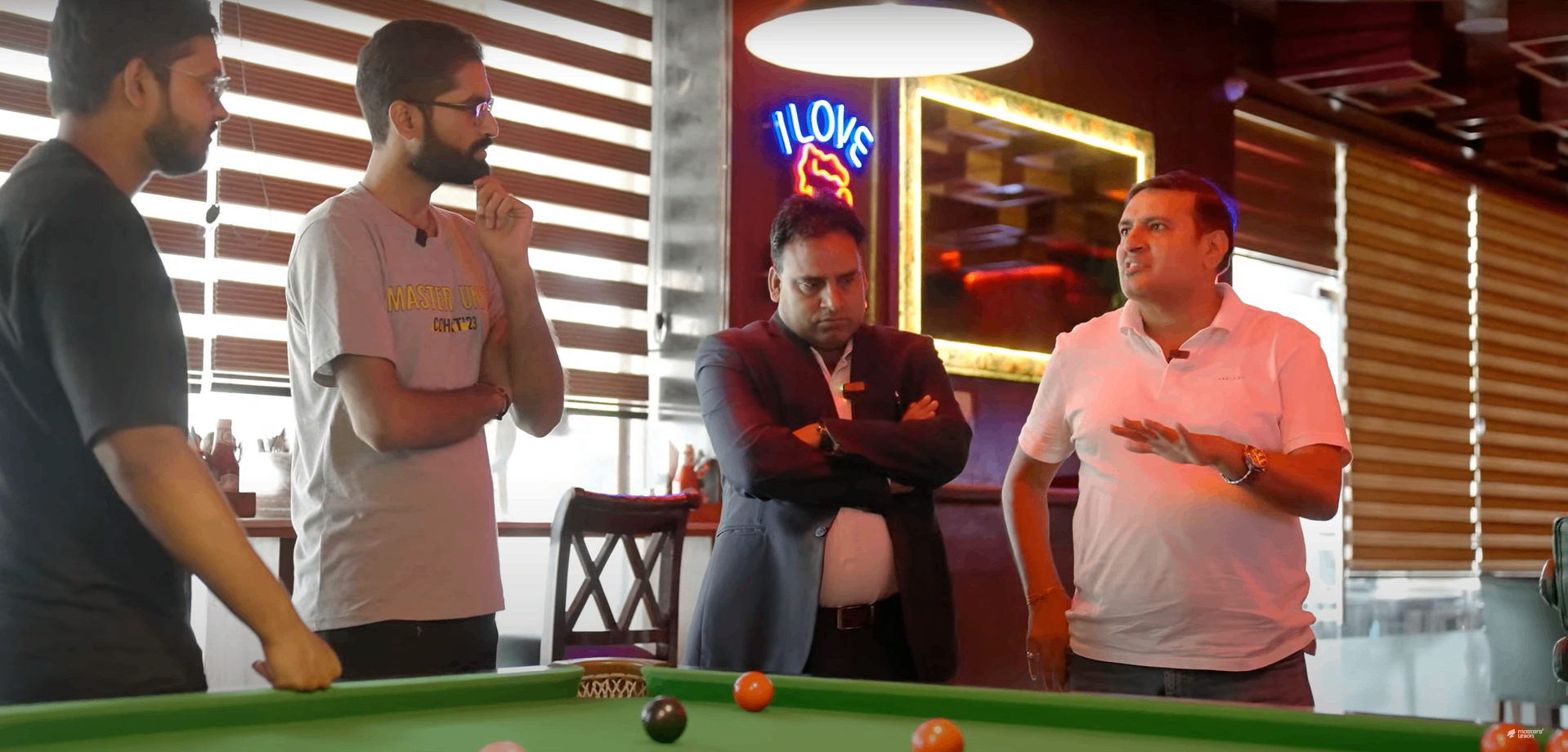
In the heart of NCR’s buzzing nightlife scene, amid the noise of copycat bar menus and generic beer towers, Tuckinn refuses to blend in. The brewery is slowly becoming synonymous with consistency, quality, and a bar experience that actually feels intentional.
Behind this rising brand is a man named Alok Nath, whose foray into hospitality wasn’t planned, but whose approach to it has been anything but accidental. Today, Tuckinn is best known for its pure German-style beer, signature red-lit ambiance, and Singapore-inspired island bar layout.
Read this blog to explore Tuckinn’s success!
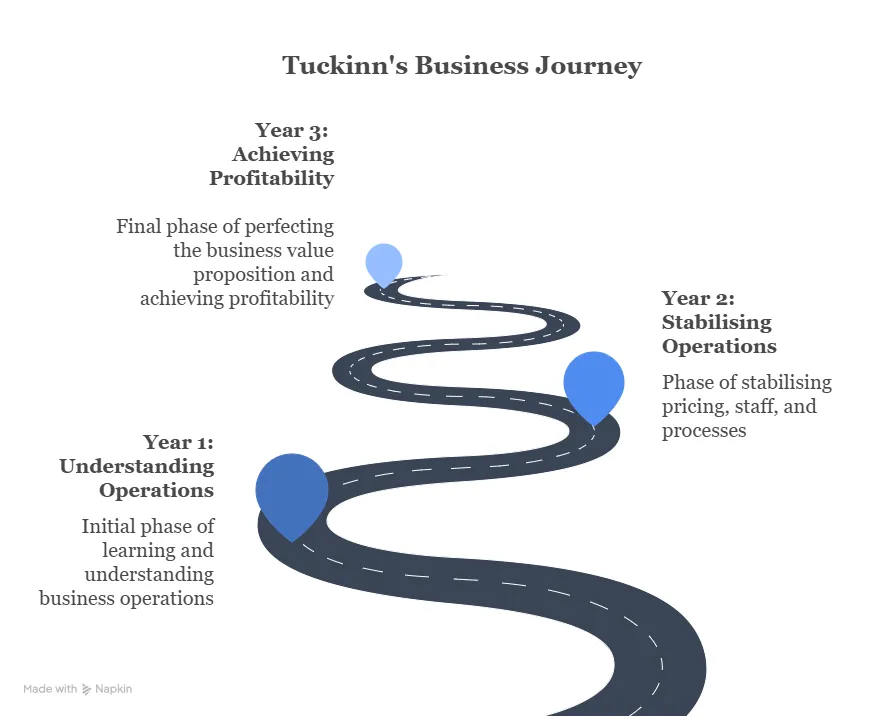
Want to watch the video instead?
As part of offcampus, our students visited Tuckinn’s fresh beer cafe in Gurgaon to meet Alok and understand the success behind his thriving bar business.
From banking to business
Alok didn’t plan to be in the hospitality business. A seasoned professional from the worlds of banking and real estate, Alok’s entry into hospitality wasn’t part of a five-year plan. It began with a suggestion from a friend who nudged him toward opening a restaurant.
Initially, he imagined starting a small South Indian eatery. But the idea quickly evolved into something more ambitious. As he studied the landscape, Alok noticed a glaring lack of attention to consistency and quality in the restaurant business. The market was saturated with concepts chasing trends or trying to win on pricing alone. He believed something better was possible.
“People warned me not to get into this business,” Alok recalls. “They said restaurants rarely make money, the operations are messy, the staff unreliable. But I wasn’t interested in the middle. You either do it properly or not at all.” What followed was a leap into the unknown, backed by a powerful personal mantra to be on top or at the bottom, never in between.
Designing a stand-out experience
Tuckinn didn’t just emerge as another place to eat or drink. It was designed to feel intentional from the ground up. The 360-degree island bar at its centre was inspired by bars Alok had experienced abroad, particularly in Singapore, where the layout was open, immersive, and social.
Wherever you sit, you’re part of the action. The lighting, too, was carefully considered. Instead of the predictable blue tones that dominate breweries, Tuckinn glows in red ambient light that gives a warm vibe and experience that elevates how people engage with the space.
But beyond the visual cues, Tuckinn is built around a philosophy of substance. Alok wanted to create a bar where the beer was brewed to perfection. This meant taking the harder path of brewing on-site, using pure German malt to create wheat and seasonal beers like mango. It also meant hiring qualified brewers, investing in top-grade equipment, and maintaining cleanliness and temperature standards. Brewing was a science, art, and commitment, all rolled into one for Alok.
The quiet grind of quality
The first three years were less about profit and more about process. Alok speaks candidly about the steep learning curve. The first year was for understanding operations, getting the kitchen and bar in sync, and learning what works. The second year was for stabilising pricing, staff, and systems. It wasn’t until the third year that Tuckinn started showing consistent profitability.
All this while, Alok maintained a strong customer presence watching, listening, adapting. He personally gathered feedback, noted complaints, tweaked the menu, changed music levels, and adjusted lighting to reflect the crowd's mood. This active iteration built a loyal customer base and made the brand feel lived-in and responsive. “I’ve seen so many places fall apart because they stopped listening,” he says. “You can’t be too proud to fix things. Your customers always know.”
The economics of brewing in India
Running a brewery in India that prioritises quality is costly. Alok spends upwards of ₹50 lakh annually just on liquor licences. These regulatory expenses are compounded by high electricity bills, maintenance, glassware breakage, and staff training. Add to that the absence of GST input credit for businesses serving alcohol, making profitability a strategic challenge.
Despite these obstacles, Alok has resisted the temptation to cut corners. Instead, he’s adopted smart strategies like happy hours and day-specific discounts to maintain footfall, particularly among younger patrons. At the moment, Tuckinn’s revenue is split roughly 60:40 in favour of food. But Alok anticipates that liquor sales will overtake as the brand matures and the word spreads.
He’s also pragmatic about the realities of running a bar. On busy weekends, glass breakage is treated as a part of operations, not as a fault but as a cost to be absorbed. His pricing is reviewed once or twice a year to align with market changes and licensing fluctuations, ensuring the business remains sustainable without undercutting its own standards.

Competition drives quality
In an industry where most players operate from a scarcity mindset, Alok’s philosophy feels refreshingly collaborative. He doesn’t see competition as a threat. In fact, he welcomes it.
“When more good bars open in an area, everyone benefits,” he explains. “It increases footfall, improves customer expectations, and raises the overall quality of the scene. That helps us all.”
Tuckinn has built relationships with suppliers and brands for immediate monetary benefits, visibility and future collaboration. Alok sees brand partnerships as long-term value creators rather than transactions. He focuses on building trust with customers and industry peers.
The philosophy of relentless improvement
What anchors Alok’s journey is his belief in continuous evolution. You can’t get comfortable in this business. The moment you do, the product slips, the staff relaxes, and the customer notices.
At Tuckinn, complacency is the enemy. Whether it’s refining the menu, investing in better audio systems, improving kitchen prep times, or rethinking how promotions are run, everything is always under review. This approach isn’t driven by fear, but it’s driven by respect for the customer.
Alok’s advice to aspiring entrepreneurs is brutally honest. “If you’re entering this space, do it with full commitment. Half-measures won’t get you anywhere. You must love the grind, and you must love the customer. Everything else comes later.”
The final pour
Tuckinn isn’t a story of overnight success. It’s a case study in discipline, responsiveness, and courage. Alok didn’t enter the hospitality business to play it safe. He entered to do it better.
In a market flooded with forgettable bars and compromised quality, Tuckinn is a reminder that excellence still has a place and when you brew with intent, people can taste the difference.
So the next time you find yourself near Tuckinn, step inside. Order the wheat beer. Sit under the red lights. And raise a glass to the man who refused to settle for average!










